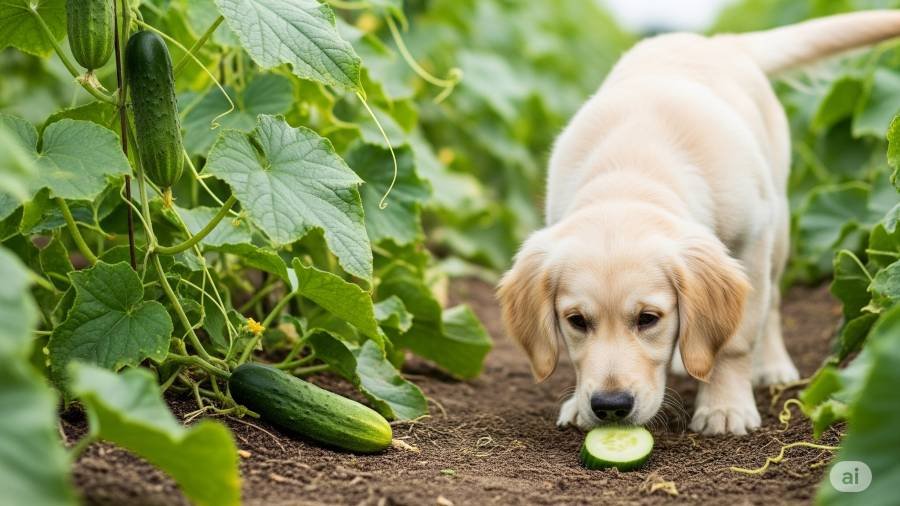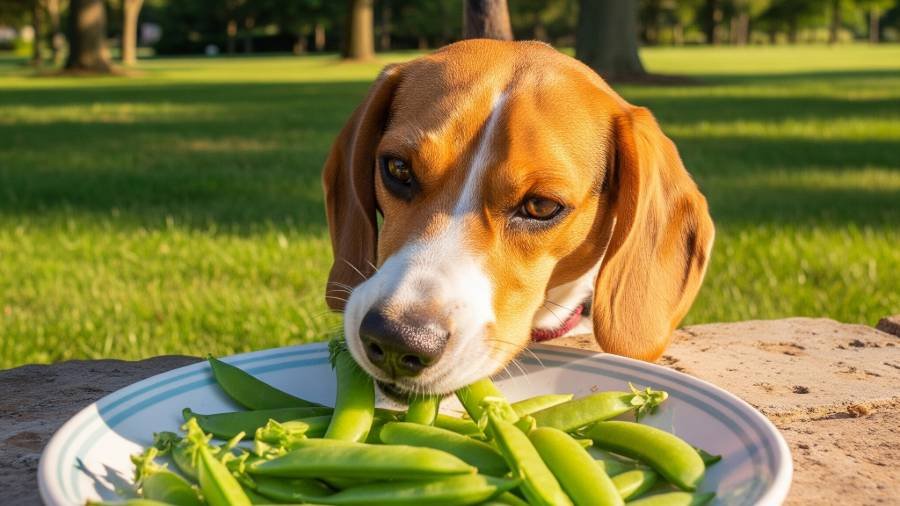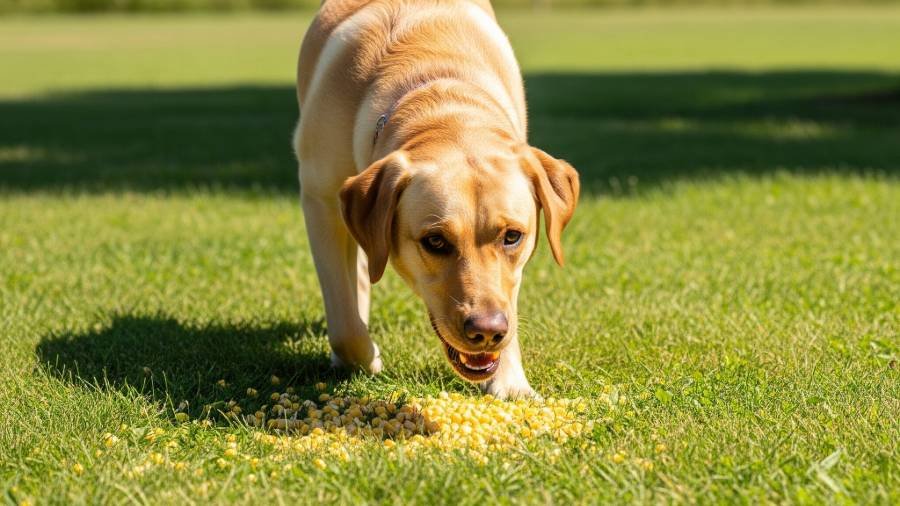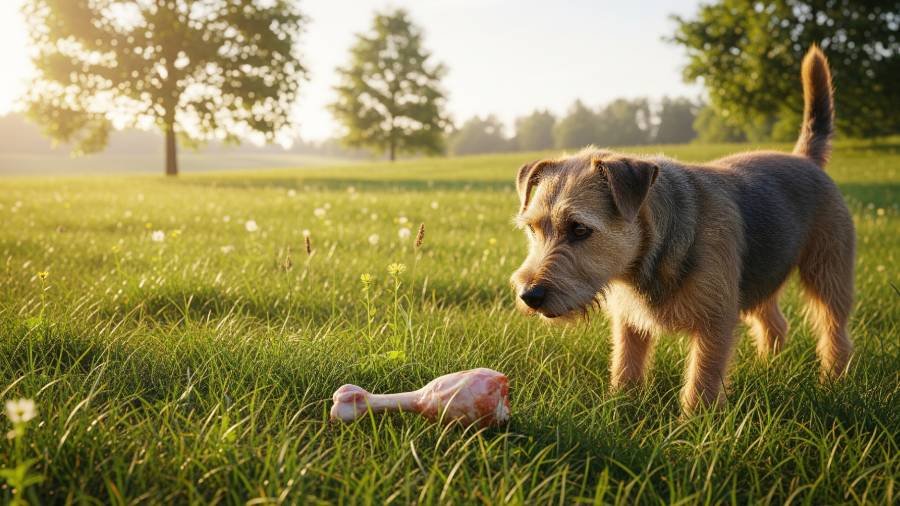No, pecans are not safe for dogs to eat due to their toxic nature and high fat content, posing significant health risks even in small quantities. As a pet owner, it’s crucial to avoid pecans in a dog’s diet.
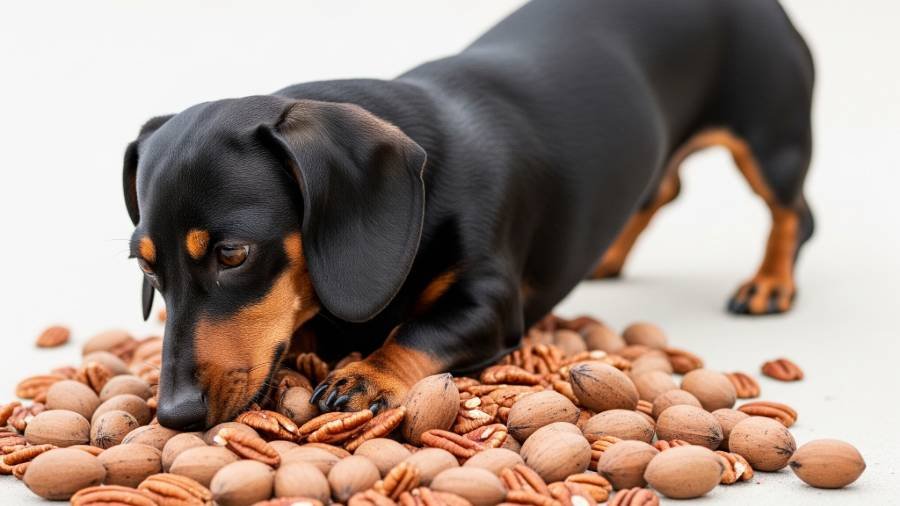
Potential Benefits of Pecans for Dogs
Pecans offer no meaningful benefits for dogs and should not be considered a treat:
- None: Pecans are high in fat and contain juglone, a compound toxic to dogs, offering no nutritional value.
- No Energy Boost: Unlike safe nuts, pecans lack safe energy sources for canines.
- No Digestive Aid: Their high fat content can harm rather than help digestion.
- No Nutrient Gain: Vitamins or minerals in pecans are overshadowed by their toxicity.
- No Coat Support: The risks outweigh any potential minor benefits to skin or coat.
Due to these hazards, pecans should be excluded from a dog’s diet. For safe nut options, explore can dogs eat peanuts.
Risks and Dangers of Pecans for Dogs
Pecans pose several serious risks, making them unsafe for dogs to eat:
- Toxicity: Pecans contain juglone and potentially tremorgenic mycotoxins, which can cause life-threatening neurological issues.
- High Fat Content: Pecans are high, leading to pancreatitis, vomiting and diarrhea, or weight gain.
- Choking Hazard: Whole pecans or large pieces can obstruct airways or cause intestinal blockage.
- Moldy Pecans: Mold exposure increases toxin levels, amplifying side effects like tremors or seizures.
- Allergic Reactions: Though rare, some dogs may experience itching or swelling from pecans.
- Long-Term Damage: Repeated exposure can lead to liver or kidney strain, especially if a dog has eaten them unknowingly.
How to Safely Manage Pecan Exposure
To protect your dog from pecans, follow these precautions:
- Avoid Completely: Do not feed pecans or allow dogs to eat them, even in small amounts, due to their toxic nature.
- Check Environment: Remove pecans from yards, tables, or pet-accessible areas to prevent accidental ingestion.
- Monitor Snacks: Ensure peanut butter or other treats are pecan-free, as cross-contamination can occur.
- Act Quickly: If a dog has eaten pecans, contact the Pet Poison Helpline or a vet immediately for guidance.
- Avoid Substitutes: Steer clear of similar nuts like macadamia nuts, which are also toxic. See can dogs eat macadamia nuts for details.
- Educate Household: Inform family members about pecans’ dangers to prevent offering them.
- Consult a Vet: Seek veterinary advice if exposure is suspected, especially for symptoms like vomiting and diarrhea.
Signs of Pecan-Related Issues
If a dog consumes pecans, watch for these alarming signs:
- Vomiting and diarrhea or loss of appetite
- Tremors, seizures, or coordination loss (from toxins)
- Lethargy or weakness
- Abdominal pain or bloating (indicating choking hazard or blockage)
- Yellowing skin or eyes (signs of liver damage)
If these symptoms appear, stop any further exposure and contact a veterinarian or the Pet Poison Helpline immediately. Life-threatening conditions require urgent care.
Expert Opinions
Veterinary sources, including the ASPCA and Pet Poison Helpline, classify pecans as toxic for dogs due to juglone and potential mycotoxins, warning of severe side effects like neurological damage. The ASPCA advises immediate veterinary attention if a dog has eaten pecans and recommends avoiding all black walnuts or similar nuts. Experts stress preventing access over treatment. For safe alternatives, check can dogs eat carrots.
Additional Considerations
- Health Conditions: Dogs with pancreatitis or liver issues are at higher risk and should never be exposed to pecans.
- Puppies: Young dogs are more vulnerable to toxins and choking hazards, making pecans especially dangerous.
- Storage: Keep pecans in sealed containers away from pets to avoid accidental ingestion.
- Similar Risks: Nuts like macadamia nuts or black walnuts share similar dangers. See can dogs eat walnuts for more.
- Emergency Plan: Have a vet’s contact and the Pet Poison Helpline number (1-855-764-7661) handy.
Safe Treat Alternatives
Instead of pecans, consider these safe-for-dogs treats, tailored to enhance a dog’s diet and offering internal linking opportunities:
- Cooked Turkey: Plain, unseasoned turkey provides lean protein. Learn more in our guide on can dogs eat turkey.
- Blueberries: A few fresh blueberries offer antioxidants and low fat. Check our guide on can dogs eat blueberries.
- Carrots: Small, raw or cooked carrot pieces support dental health. Explore our article on can dogs eat carrots.
- Pumpkin: A teaspoon of plain, cooked pumpkin aids digestion. See our guide on can dogs eat pumpkin.
Introduce new dog treats gradually, monitor for reactions, and consult a vet if unsure about safety.
Conclusion
Dogs cannot eat pecans safely due to their high fat content and toxic properties, which can cause vomiting and diarrhea, seizures, or life-threatening conditions.
Risks like choking hazard and moldy pecans make them unsuitable, and pet owners must prevent access entirely. Dogs with health issues or puppies are especially at risk, and a balanced diet with safe alternatives should be prioritized.
Always consult a veterinarian immediately if a dog has eaten pecans. For more on canine nutrition, explore can dogs eat peanuts, can dogs eat peas, or what fruits can dogs eat.
For additional questions about what dogs can eat or nutrition, feel free to ask!
